How the land of free American slaves appeared in Africa: Little-known facts about Liberia
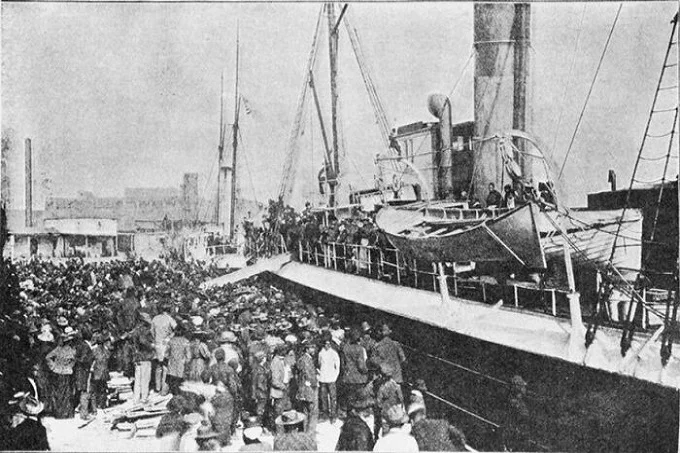
Unlike European countries, American colonial expansion was not initiated for resource or strategic reasons. US colonialism in Africa is deeply rooted in the history of slavery, which has been a major point of contention among US politicians. The rift came to a head with the election of Abraham Lincoln to the presidency in 1860, the secession of the Southern States, and the ensuing Civil War. About how Liberia appeared and how the creation of a safe haven for black American citizens led to unexpected results.
On July 4, 1776, the thirteen British colonies in North America declared their independence from Great Britain. A war ensued that lasted six years and ended in victory for the pro-independence armies. During the conflict, about nine thousand blacks joined the American cause, forming the Black Patriots. The latter were promised freedom from slavery and full civil rights.
However, the newly formed country continued to introduce discriminatory laws against the black population. They were banned from military service, and some of them were even forced to return to the chains of slavery in the Southern States. Moreover, the right to vote was granted only in five of the thirteen states. The history of slavery in the United States continued for several more decades.
In the years following the end of the American Revolutionary War, the Northern States gradually abolished slavery. By 1810, almost seventy-five percent of black Americans in the North were free. On the contrary, the number of slaves in the South grew, reaching almost four million by the middle of the 19th century.
By 1830, the number of free black Americans reached three hundred thousand. This increase worried the slave owners. They were concerned that emancipated blacks would support possible uprisings and unrest in the South. Despite the changes, the situation of the freedmen remained difficult. They failed to establish themselves in American society, falling victim to various forms of segregation.
Fear of rebellions supported by free blacks and the need to provide tangible opportunities led to the founding of the American Colonization Society (ACS) in December 1816. The stated goal of the latter was to resettle the black population to their original land: Africa. It is not surprising that the relocation of black Americans to Liberia had severely destabilizing effects that are still felt today in the daily lives of all Liberians.
American Colonization Society
Throughout the history of slavery, the issue of freed slaves has been a serious issue. Initially, the resettlement of free black people on the African continent was a British idea. In 1786, several black Loyalists who had fought alongside the British army during the American Revolutionary War were sent to live in Sierra Leone. In 1815, the black American businessman and abolitionist Paul Cuffe continued the British effort by personally arranging for the removal of thirty-eight black Americans to the African British colony.
A year later, prominent abolitionists Charles Fenton Mercer and Henry Clay, along with slave owners John Rudolph of Roanoke and Bushrod Washington, founded the American Colonization Society. For abolitionists, the creation of the ACS was an opportunity to provide black people with a safe haven from segregation. For the slave owners, it was a way to remove free Africans from their plantations and block potential support for future slave uprisings.
In the 1820s and 1830s, the ACS won the sympathy of former presidents Thomas Jefferson and James Madison. In addition, then-US President James Monroe expressed his support for the Society. Step by step, the American Colonization Society gained popularity with both abolitionists and slave owners. Both groups supported the idea of repatriation and sought to buy land on the African continent in order to resettle the black American population there.
In 1821, American soldiers annexed Cape Masurado and founded the city of Monrovia. Jehudi Ashmun, the ACS colonial agent in Africa, managed to buy additional land, formally establishing the colony of Liberia in 1822.
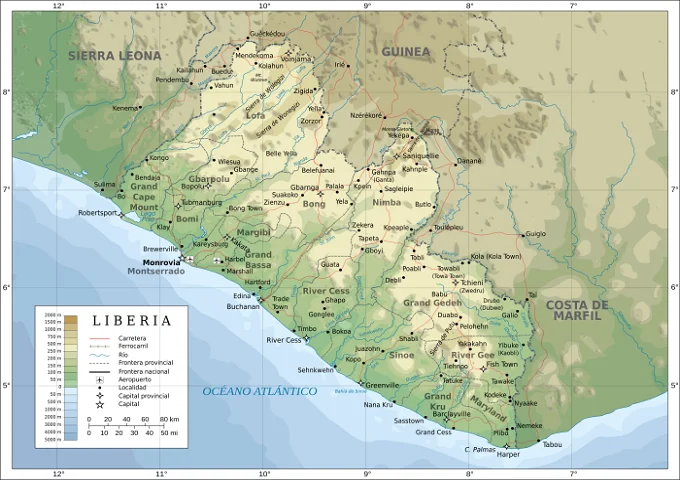
Colonial Liberia
Black immigration to the newly founded colony began almost immediately. Under the leadership of leaders such as Elijah Johnson and Lott Carey, the ACS began to populate various cities. Meanwhile, other smaller organizations, such as the Mississippi and Kentucky in Africa, and the Republic of Maryland, also organized the migration of black groups to various cities in the colony.
The colonists quickly ran into local difficulties. Countless people fell ill with diseases such as Yellow Fever in the first days after their arrival. In addition, the local population, such as the Bassa, strongly resisted the expansion of black Americans, violently attacking the US settlements. The fighting was intense, and casualties numbered in the thousands on both sides. By 1839, to avoid extirpation, all American organizations operating in Liberia had to unite and form the Commonwealth of Liberia under the sole administration of the ACS.
The idea of migration was not well received by most black Americans. They refused to leave their homes, preferring to fight for their liberation in the United States rather than go to a distant country. After several generations of slavery, many of them, by that time, had lost all sense of belonging to the African continent. In addition, the various hardships the colonists faced made the prospects of immigration highly unpopular.
As the United States gradually faced more pressing problems, the colony of Liberia was left to fend for itself. While the United States was waging a bloody war against Mexico (1846-1848), the Commonwealth of Liberia, under the leadership of the last colonial agent of the American Colonization Society, Joseph Jenkins Roberts, declared its independence on July 26, 1847. A few years later, the history of slavery in the United States of America would end with the Thirteenth Amendment, passed on January 31, 1865.
Opposition to colonialism in the United States
The creation of a colony in Africa was originally promoted as a cure for slavery and an alternative way for black Americans to have their own home. In addition, heavily influenced by religious influences, the colonial movement in the United States presented itself as an illustration of Christian charity and the mission of spreading Christianity in Africa.
Nevertheless, various parties strongly opposed colonialism. As we know from the history of slavery in the United States, black Americans wanted equal rights in their American homes instead of immigrating to the new promised land. In addition, various black rights activists such as Martin Delaney, who dreamed of an independent black nation in North America, saw Liberia as a mockery that concealed a racist agenda.
Various emancipation movements noticed that instead of eradicating slavery, the activities of the American Colonization Society had unexpectedly opposite effects. For example, in the 1830s Black Codes reappeared in various states such as Ohio and thousands of free blacks were expelled from the Southern states.
Other prominent abolitionists opposed colonization, including journalist William Lloyd Garrison, editor of the political magazine The Liberator, known for its anti-slavery stance. He saw the creation of a colony for black Americans as a way to separate free Americans of African descent from their enslaved brethren. In his opinion, such a method does not solve the problem of slavery, but rather exacerbates it, since slaves risk losing the main base of defenders of their right to freedom.
Gerrit Smith, a philanthropist and future member of the House of Representatives, also criticized the Society. As one of its key members, he abruptly left the ACS in November 1835, because he believed that colonization was having a serious negative effect on the black population of the United States.
Independent State of Liberia
After independence, Liberia gradually gained international recognition from European countries such as Britain and France (in 1848 and 1852). However, the United States did not establish diplomatic relations with the newly formed African nation until 1862.
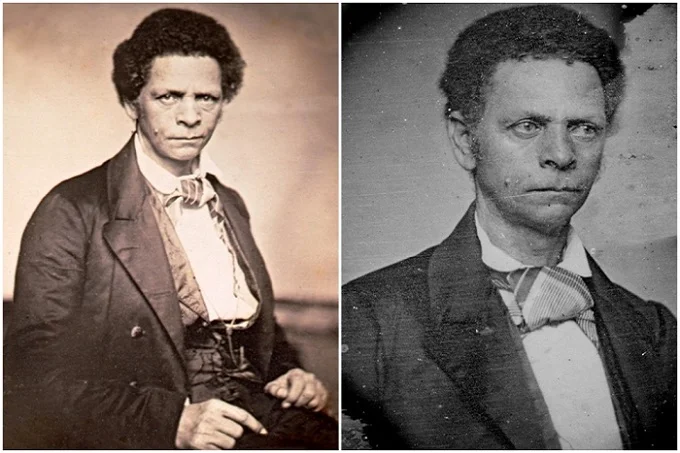
The Liberian government pursued a policy of immigration of black Americans. By 1870, more than thirty thousand blacks had immigrated to the new country. But at the end of the 19th century, the influx of immigrants steadily declined as the history of slavery in the United States came to an end. Black Americans who settled in Liberia would call themselves Americo-Liberians and pursue a rude colonial and imperial policy towards the local population.
Political life was dominated by two parties. The Liberian Party, later called the Republican Party, gathered its electorate from the poorer categories of citizens. The True Whig Party (TWP) represented the wealthiest classes and raised vast amounts of funds. Due to segregationist laws against the local population, only Americo-Liberians had the right to vote. Disenfranchised non-American Liberians lived far from the coast and therefore did not benefit from international trade. Some reports even claim that Americo-Liberians engaged in the illegal slave trade against the native population.
In 1899, after the dissolution of the Republican Party, the True Whig Party succeeded in establishing hegemony in Liberia. The TWP ruled the country until 1980, maintaining social castes and a policy of segregation. By the 1940s, major social events gradually shook Americo-Liberian rule. In 1979, a popular uprising against rising rice prices led to a violent crackdown that led to a split between the regime and the army. In April 1980, a coup d’état led by Master Sergeant Samuel Doe led to the execution of the last TWP president and Americo-Liberian president William Tolbert, along with his entire cabinet.
Liberia is currently a democratic country. However, the effects of Americo-Liberian rule are still being felt even today. After the coup d’état, two decades of civil war tore the country apart, severely damaging its resources and infrastructure.

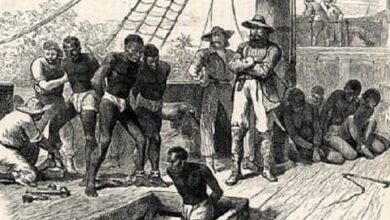
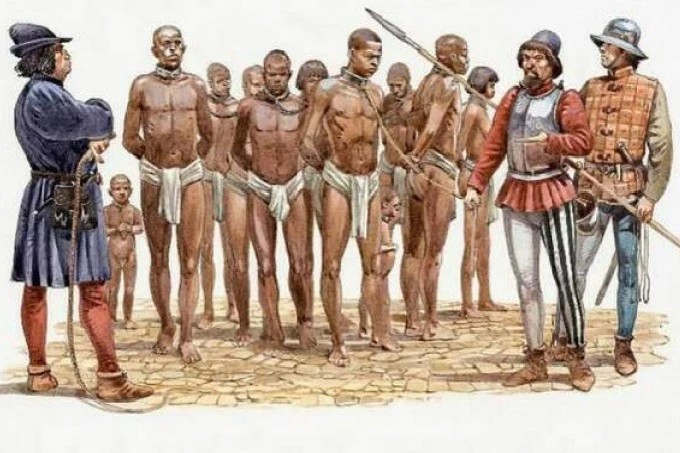
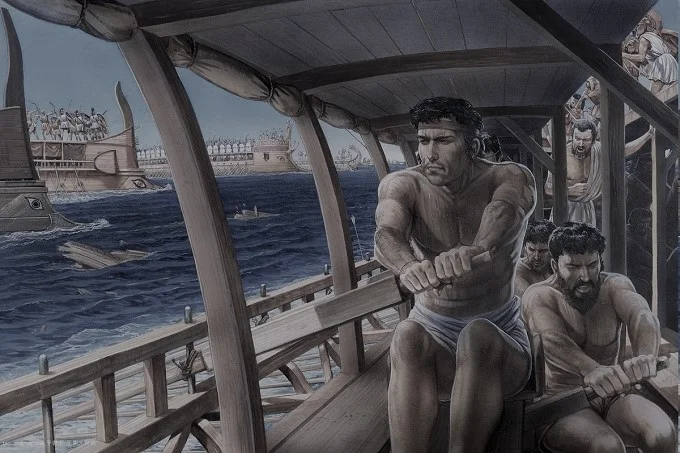
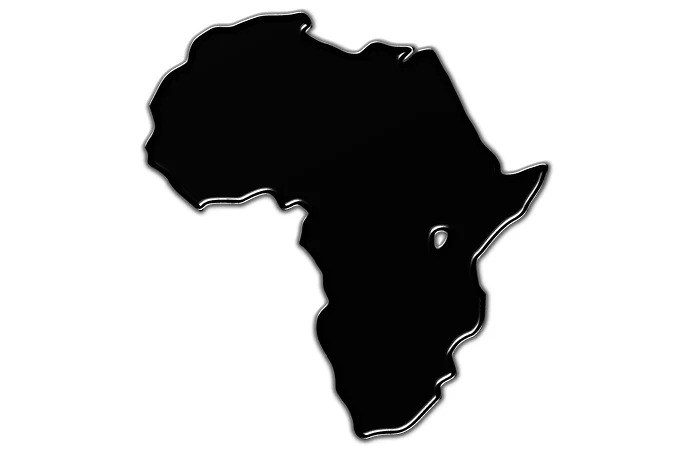
Informative, thanks